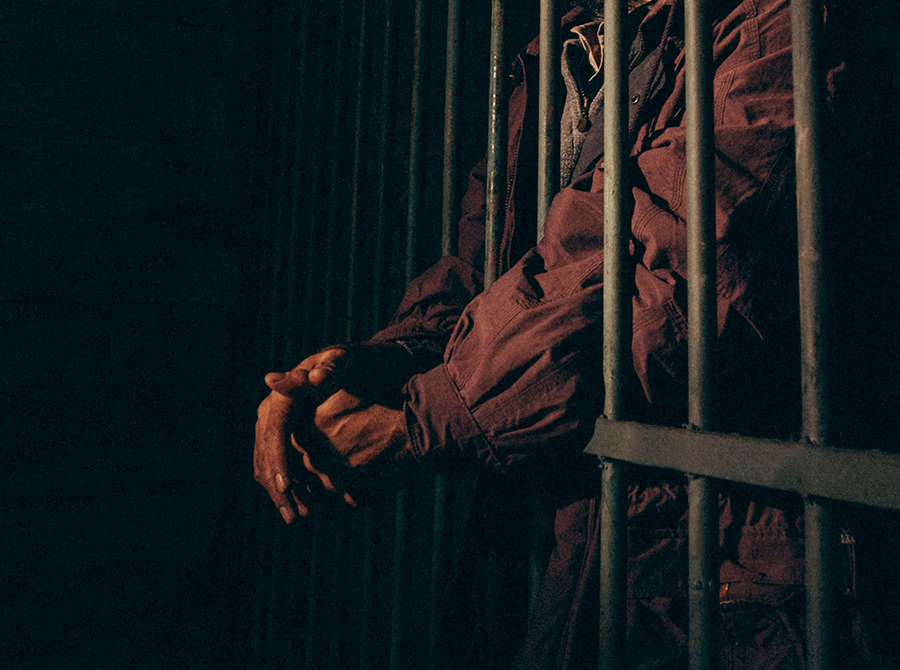Correctional officers have a constitutional duty to ensure inmates receive appropriate medical care. But when does a delay or failure to respond cross the line into a constitutional violation? The United States Court of Appeals for the Eighth Circuit answered this question in Humes v. Jones, a case where a spider bite led to serious medical complications—and legal consequences.
Case Overview
Eddie Humes was a county jail inmate in Arkansas when he suffered what appeared to be a spider bite on his right hand. Over the course of three days, the bite became increasingly painful, swollen, and infected. Despite repeated requests for help, including direct conversations with both a lieutenant and a deputy, Humes received no medical attention until he filed a formal grievance.
Once finally taken to the hospital, Humes was diagnosed with a staph infection and underwent emergency surgery. He later sued jail officials for deliberate indifference to his serious medical needs.
What the Court Said
The Eighth Circuit Court of Appeals determined the correctional officers involved were not entitled to qualified immunity. The court emphasized two key legal standards:
- Obvious Serious Medical Need: A condition can be considered a serious medical need if it is diagnosed by a physician—or if it is so obvious that even nonmedical staff should recognize the need for treatment. In this case, the swelling, pus, and extreme pain from the bite met that standard.
- Deliberate Indifference: To establish a constitutional violation, the inmate must show that officers knew of and disregarded an excessive risk to health or safety. The court found that Humes’s repeated, ignored complaints could allow a reasonable jury to conclude the officers acted with deliberate indifference.
The court also noted that a delay of as little as two days can be constitutionally significant when it comes to treating serious medical conditions.
Why This Matters for Correctional Officers
This case underscores that failing to act—even over a short period—can create legal liability when the medical need is obvious. Correctional officers are not expected to diagnose medical conditions, but they are expected to take reasonable steps when an inmate is clearly in pain or visibly suffering.
Key Takeaways for Jail Staff:
- Swelling, pain, and visible infection may be signs of an obvious serious medical need.
- Officers should not wait for formal grievances to respond to obvious medical conditions.
- Delaying medical attention—even for two days—can result in liability under federal law.
- Inmate medical care is not optional: the Constitution protects against deliberate indifference to a known, substantial risk of harm to an inmate.
Stay Ahead with Jail Pro
Cases like Humes v. Jones highlight the importance of consistent, legally informed training for correctional officers. Jail Pro, our reality-based online training program, delivers monthly lessons on real federal court cases—so your team learns from the same situations jails are facing across the country.
Help your staff make legally sound decisions.
Schedule a demo of Jail Pro to see how our online correctional officer training can reduce liability and support confident, effective decision-making.


